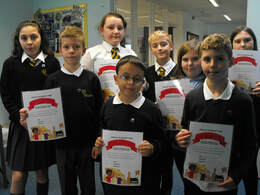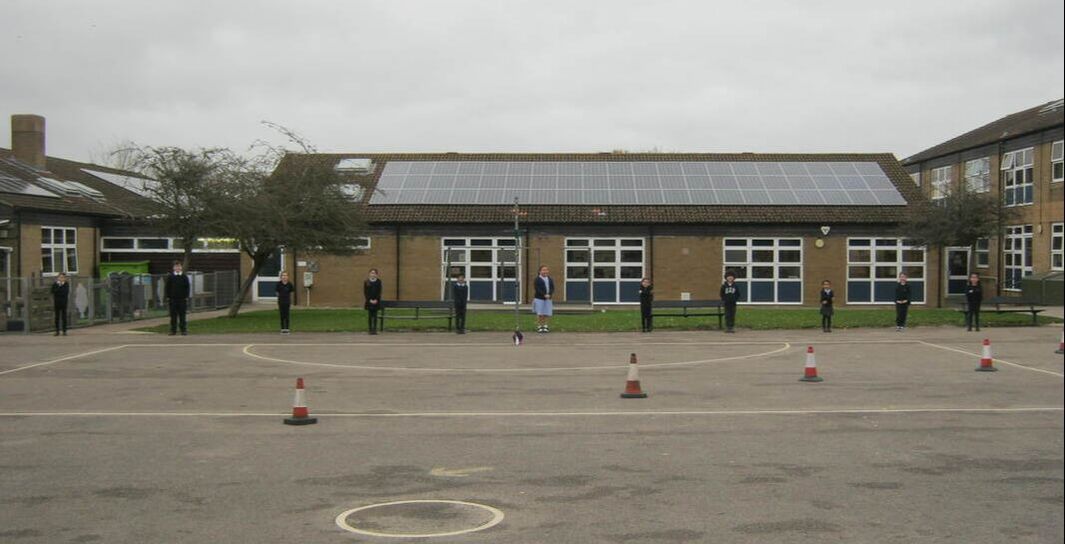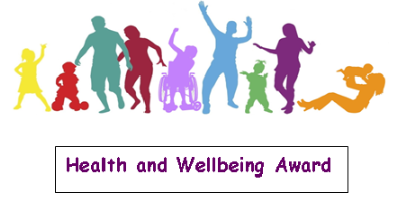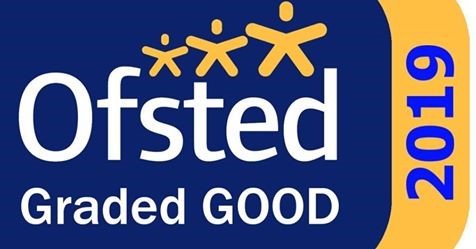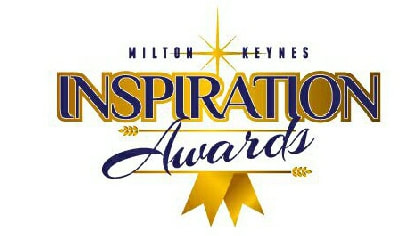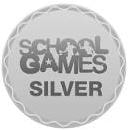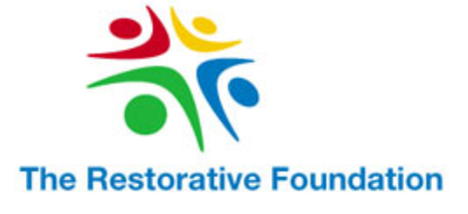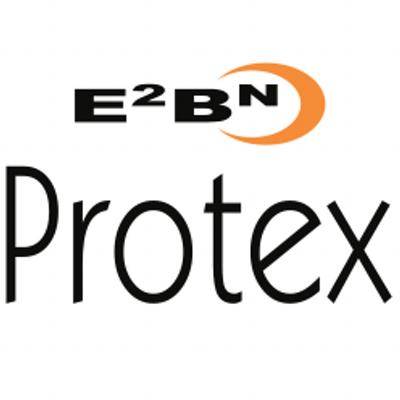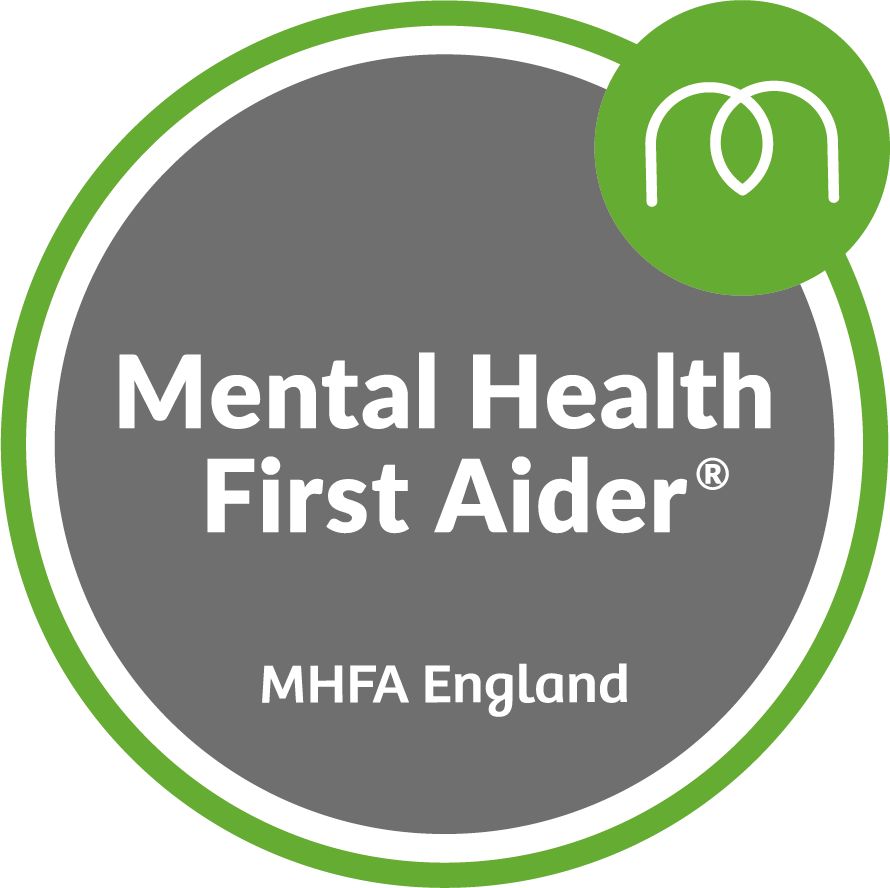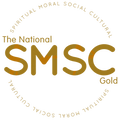More Able Provision
What is an academically more able student?
An academically more able student has the potential to achieve to a high standard in particular skills and areas, often above and beyond, exploring to a greater depth than what is expected for their age group. This can include written and oral skills, logic and problem solving, creative and imaginative thinking or artistic and sporting ability. More able students will display a passion for the subject, evident through their enthusiasm, questioning and deeper thinking in lessons.
How do we identify more able learners?
Emphasis is placed upon an individual’s potential to achieve and not just their current level of achievement. We believe that it is important to encompass a range of methods, looking beyond test results and teacher assessment. All learners are given opportunities to reveal their abilities across the curriculum. Teachers provide opportunities and challenge during lessons to allow all learners to aspire. The process of monitoring more able learners is ongoing.
What do we as a school aim to do?
We aim to identify who we think our more able students are and this is an on-going process, done through the compiling of the academically more able register for students across the school. The register firstly consists of students who are performing outstandingly in a subject area, and secondly of students who are performing outstandingly in multiple subject areas across the curriculum.
This register is compiled using student attainment data and teacher nominations. These nominations recognise not students’ current level of achievement against age related expectations, but also their potential, passion for a subject, enthusiasm, questioning and deeper thinking in lessons. This register will regularly be reviewed by teaching staff to reflect the mixture of on-going assessment and observations made.
Academically more able students are monitored throughout the year to ensure they are supported in the development of their studies and their wider academic interests. We aim to provide extra-curricular activities and opportunities across the subjects taught. Teachers plan lessons and use a range of activities that actively stretch and encourage more able students. Students are encouraged to read widely around the subject areas that they love to expand their wider knowledge of a subject, allowing further exploration and questioning.
An academically more able student has the potential to achieve to a high standard in particular skills and areas, often above and beyond, exploring to a greater depth than what is expected for their age group. This can include written and oral skills, logic and problem solving, creative and imaginative thinking or artistic and sporting ability. More able students will display a passion for the subject, evident through their enthusiasm, questioning and deeper thinking in lessons.
How do we identify more able learners?
Emphasis is placed upon an individual’s potential to achieve and not just their current level of achievement. We believe that it is important to encompass a range of methods, looking beyond test results and teacher assessment. All learners are given opportunities to reveal their abilities across the curriculum. Teachers provide opportunities and challenge during lessons to allow all learners to aspire. The process of monitoring more able learners is ongoing.
What do we as a school aim to do?
We aim to identify who we think our more able students are and this is an on-going process, done through the compiling of the academically more able register for students across the school. The register firstly consists of students who are performing outstandingly in a subject area, and secondly of students who are performing outstandingly in multiple subject areas across the curriculum.
This register is compiled using student attainment data and teacher nominations. These nominations recognise not students’ current level of achievement against age related expectations, but also their potential, passion for a subject, enthusiasm, questioning and deeper thinking in lessons. This register will regularly be reviewed by teaching staff to reflect the mixture of on-going assessment and observations made.
Academically more able students are monitored throughout the year to ensure they are supported in the development of their studies and their wider academic interests. We aim to provide extra-curricular activities and opportunities across the subjects taught. Teachers plan lessons and use a range of activities that actively stretch and encourage more able students. Students are encouraged to read widely around the subject areas that they love to expand their wider knowledge of a subject, allowing further exploration and questioning.
Expanding Our Horizons
Engineering
|
|
With the support of The James Dyson Foundation, who provided equipment including a brand new Dyson hoover and numerous accessory items such as different suction attachment heads, some of our most talented and enthusiastic scientists and design technology students had the opportunity to dismantle and re-assemble actual Dyson hoovers.
Students from Year 3 right up to Year 6 enjoyed the creative freedom to explore everyday technology and understand the big question of how and why things work. Read about their engineering exploits further here. |
One group of future engineers, who regularly display high standards in DT and Science lessons, were tasked with designing, creating and advertising a product which could solve the problem of when a child finds it hard to focus in class. After giving up much of their own time, the group created The Focus Box and had the chance to present their idea, presentation of research and prototype to Miss Lovelock. Find out more about their fantastic design here.
Maths Leaders
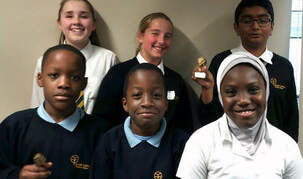
Mathematicians in Years 5 and 6 were nominated to become the first Maths Leaders in the school. They entered as a team of six into a Maths Olympiad held at The Webber Independent School. The competition allowed children from many different schools to show their flair for mathematics and problem solving. Read more about their adventures in the competition here.
These Maths Leaders are now working in school to develop other children's interests in the subject. This has begun with running a lunch time club for Times Tables Rockstars.
The aim of the Maths Leaders programme is to have:
• young people who are motivated, ready and enthusiastic to initiate leadership work in school
• students who are ready and able to share the learning with others
• young people who have an increased possibility of success in attainment and achievement
• students who could act as ambassadors and champions for the school
• young people who could become lead learners in, and organisers of, extending and enriching activities
These Maths Leaders are now working in school to develop other children's interests in the subject. This has begun with running a lunch time club for Times Tables Rockstars.
The aim of the Maths Leaders programme is to have:
• young people who are motivated, ready and enthusiastic to initiate leadership work in school
• students who are ready and able to share the learning with others
• young people who have an increased possibility of success in attainment and achievement
• students who could act as ambassadors and champions for the school
• young people who could become lead learners in, and organisers of, extending and enriching activities
Digital Leaders
|
Digital Leaders are a team of Year 5 and 6 students who are the most skilled, confident and talented users of technology at our school. We all love computing and technology, and our goal is to inspire our classmates and help out our teachers.
Our aims are to support our classmates in Computing lessons and assemblies, be technology role models for our classmates, help make our school the leading school in computing; to enjoy ourselves! Read more about us here. |
Architecture
|
|
Four of our budding architects of the future took part in the MK Gallery Young Architect 2018 competition. They worked together to design a building for the MK Gallery's 'City Club' ideal, created in the 1970's. The children researched ideas by questioning pupils in the school and brought these together into a fantastic final design which they created.
We were proud of their hard work, co-operation and final design. However, we were especially proud when they attended a special exhibition to announce the winner and we found out we had won! Well done! Read more about this project here, along with other Art and Design projects we have participated in. |
School Council
|
At Great Linford Primary School, the School Council are a team of students from Years 1-6 who are involved in shaping the way that the school is run and developed. Children selected yearly demonstrate a confidence in speaking and listening, presenting their case to their class peers as well as then in front of other School Council representatives from other year groups during meetings. As well as leadership skills, our School Council representatives develop a wider understanding of the needs and opinions of others and work collaboratively to create opportunities and change which benefit the school as a whole.
|

